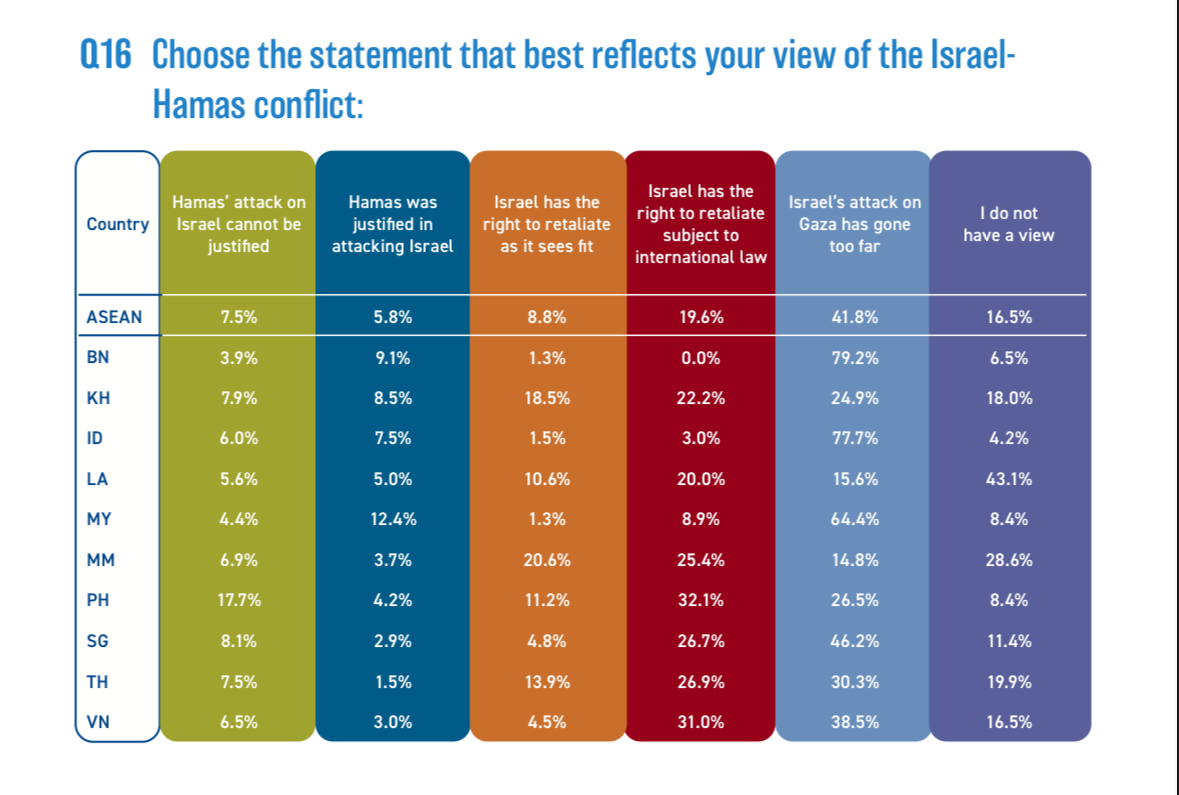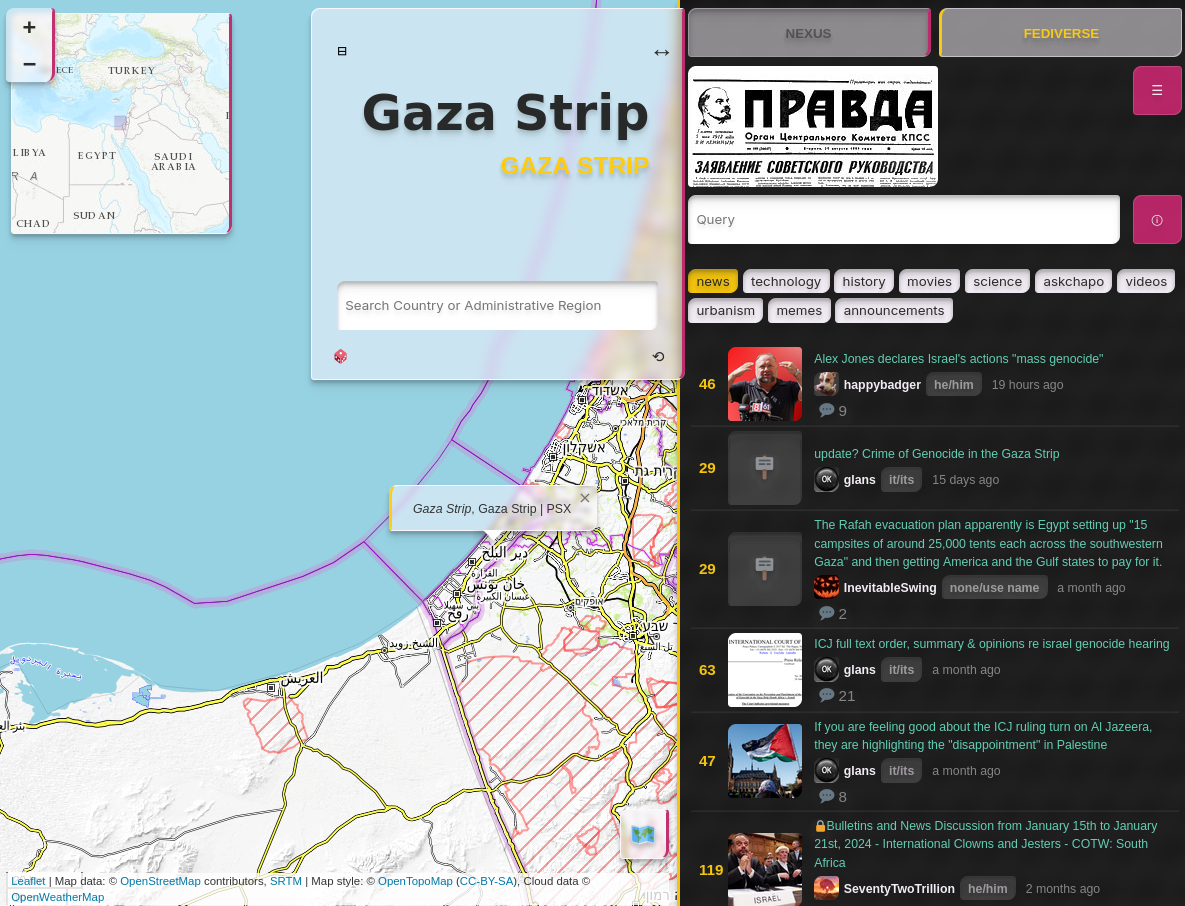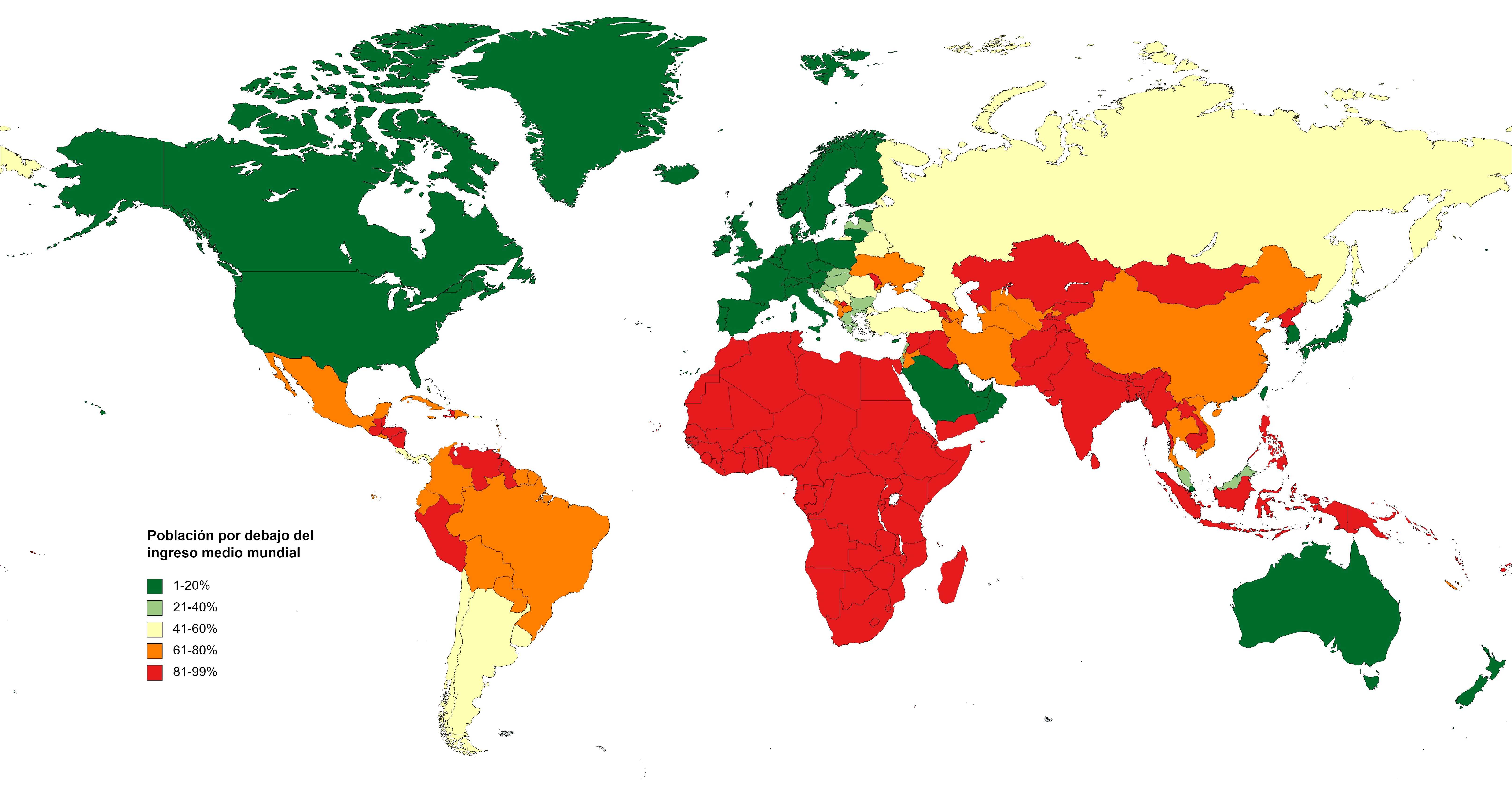This is the 1st part of a 2-part series that aims to elucidate postcolonial Malaysian history. The 2nd part will focus on Malaysian-Chinese relations as an elaboration of the history and contradictions discussed here.
Each country in the region possesses its own unique and identifiable characteristic; Singapore is a hyper-capitalist dystopia, perhaps the only one in the region that could claim first-world status; Vietnam is a market socialist republic, ironically not unlike its bitter rival, China; Thailand is perhaps globally unique in its mix of royal and military authoritarianism; Brunei is akin to a Gulf State, with its oil wealth and Islamic absolute monarchy whereas the Philippines is more akin to a Latin American nation-state with its strongmen figures, cartel problems and US imperial interference.
Malaysia on the other hand can be identified by one particular characteristic: its profound mediocrity. It is rich, but not as rich as Singapore. It is authoritarian and corrupt, but never to the extent that can be found in its neighbours such as Indonesia, Thailand and the Philippines. Leaders incompetent as such that they cannot be counted on to save their ass, and reformers so dull it cannot be counted on to pursue. On the whole, Malaysia is always reliably second place to something, in all things good or bad it always falls short of excellence. A jack of all trades, master of none. If Malaysia had another name, one could surmise it to be “Asal Boleh”.[^1]
Malaysia gained independence in 1957 with over 50% of the population living in poverty. The ruling classes, who collaborated with the colonizers in persecuting communists and left forces, were forced to embark on a series of developmentalist policies to negate rising class consciousness among the populace.
Ghana and Malaysia were once taught of as twin brothers, having gained independence in the same year with an economy of a similar size and structure. Now, after more than 65 years have passed, the story could be anything but different. Malaysia’s GDP per capita is now 5 times larger, life expectancy 11 years longer and manufactured goods account for more than 80% of exports. In stark contrast to Ghana, which still is stuck in raw commodity exports, priamrily gold.
Over the course of the 70s, 80s and 90s, a push for industrialisation saw the creation of a national car company, the establishment of semiconductor manufacturing in the northern state of Penang and the mechanisation of Palm Oil production, making Malaysia the world’s largest producer until 2006, when much more populous Indonesia finally overtook the country. Crucially, Malaysia also retained state control of its oil sector under the national banner of Petronas which continues to be a major source of foreign exchange and income.
The aftermath of the 1997-98 Asian financial crisis prematurely ended this era of industrialisation. However unlike Malaysia’s neighbouring states, the nation’s state finances were largely positive and could afford to refuse the diktats of the IMF and World Bank that called for much more vast and expansive neoliberal structural adjustments. Additional competition from Chinese manufacturing meant Malaysia’s manufacturing sector was on the downturn during the 2000s and remained stagnant for much of the 2010s.
As the government steps into its 12th 5-year plan in 2020, an emphasis on (re-)industrialisation has now begun. Coupled with its New Industrial Master Plan 2030, the government now seeks to transform the economy to finally graduate from its upper-middle income status by 2030.
This would mark a first for a postcolonial country of a modest size and ethnic diversity to graduate to high-income. It would ultimately also be a first because it is a country that stood more in defiance than support of the West for much of its history.
The “New” Political Economy
However, this defiance in practice is quite restrained, as the country’s open economy means it is unable to antagonise any major economies, which includes the USA. This is reflected in the establishment’s reluctance in leaving the Five Powers Defence Arrangement (FDPA), a remnant of the country’s colonial history that stipulates military co-operation with it’s former colonial masters, the United Kingdom, and her other colonies, namely, Singapore, Australia and New Zealand.
Furthermore, there are still structural blocks that are withholding the nation’s ability to bring general prosperity to all. The racialized economic base remains largely unchanged since the colonial era, with one major exception, which is the establishment of an indigenous Malay-Muslim bourgeosie that benefits heavily from the inflated government bureaucracy and extensive network of government-owned and government-linked companies. Outside the public sector, which remains Malay-Muslim dominated, the private sector is still dominated by local Chinese and Indian haute-bourgeoisie that benefit from this racial stratification of the economy.
In the past, the British brought waves of Chinese, Indian and Javanese migrants to Malaya to work in the plantations and mines. Now, this pattern continues with Malaysia’s over-reliance and super-exploitation of foreign South Asian labour that depresses wages locally. Roughly 10% of Malaysia’s population are immigrants, amounting to 3 million, with an additional 2-3 million undocumented. Hosting the largest Bangladeshi population outside of Bangladesh itself.
The successful urbanisation and proletarianisation of a large vast of the Malaysian population, lead to the rise of a modern political Islam that, similar to Mao’s famous saying, is “surrounding the cities from the countryside”. In contrast to this radical political Islam is the rise of an affluent urban middle class, whose ideological pretensions vacillate between comprador anglophilia to “secular” cultural nationalism. This is reflected in the numerous political parties that dot the landscape of Malaysian politics, all with it's own class and ideological affiliations.
Malaysia is now at the crossroads of old and new. Questions of Marxism and Communism, which continue to be slandered in the political mainstream for being extremist, anti-thiest, and antithetical to “Asian culture”, is being countered at an astonishing rate for many who are tired of the old Cold War rhetorics. Figures that were sidelined and entire political histories ignored after the defeat of the left forces, are being rediscovered as many are fed up with the promises of development seemingly only benefiting those at the top.
Malaysia is not exempt from the transformations taking place in the larger world economy. In fact, Malaysian history is defined by its location between trading destinations which caused it to be colonized in the first place. For better or for worse, this central location allowed Malaysia to have an open (political) economy of remarkable fluidity and diversity. Internationalism is never too far from home.
[^1]:Sourced from an online essay titled "The New Cannot Be Born: Reflections on Politics in the Land of Mediocrities" by Anas Nor’Azim. Link.





This is a crosspost from the original on Lemmygrad here.
On the road to high-income
This is the 1st part of a 2-part series that aims to elucidate postcolonial Malaysian history. The 2nd part will focus on Malaysian-Chinese relations as an elaboration of the history and contradictions discussed here.
the rest of the essay
Malaysia gained independence in 1957 with over 50% of the population living in poverty. The ruling classes, who collaborated with the colonizers in persecuting communists and left forces, were forced to embark on a series of developmentalist policies to negate rising class consciousness among the populace.
Ghana and Malaysia were once taught of as twin brothers, having gained independence in the same year with an economy of a similar size and structure. Now, after more than 65 years have passed, the story could be anything but different. Malaysia’s GDP per capita is now 5 times larger, life expectancy 11 years longer and manufactured goods account for more than 80% of exports. In stark contrast to Ghana, which still is stuck in raw commodity exports, priamrily gold.
Over the course of the 70s, 80s and 90s, a push for industrialisation saw the creation of a national car company, the establishment of semiconductor manufacturing in the northern state of Penang and the mechanisation of Palm Oil production, making Malaysia the world’s largest producer until 2006, when much more populous Indonesia finally overtook the country. Crucially, Malaysia also retained state control of its oil sector under the national banner of Petronas which continues to be a major source of foreign exchange and income.
The aftermath of the 1997-98 Asian financial crisis prematurely ended this era of industrialisation. However unlike Malaysia’s neighbouring states, the nation’s state finances were largely positive and could afford to refuse the diktats of the IMF and World Bank that called for much more vast and expansive neoliberal structural adjustments. Additional competition from Chinese manufacturing meant Malaysia’s manufacturing sector was on the downturn during the 2000s and remained stagnant for much of the 2010s.
As the government steps into its 12th 5-year plan in 2020, an emphasis on (re-)industrialisation has now begun. Coupled with its New Industrial Master Plan 2030, the government now seeks to transform the economy to finally graduate from its upper-middle income status by 2030.
This would mark a first for a postcolonial country of a modest size and ethnic diversity to graduate to high-income. It would ultimately also be a first because it is a country that stood more in defiance than support of the West for much of its history.
The “New” Political Economy
However, this defiance in practice is quite restrained, as the country’s open economy means it is unable to antagonise any major economies, which includes the USA. This is reflected in the establishment’s reluctance in leaving the Five Powers Defence Arrangement (FDPA), a remnant of the country’s colonial history that stipulates military co-operation with it’s former colonial masters, the United Kingdom, and her other colonies, namely, Singapore, Australia and New Zealand.
Furthermore, there are still structural blocks that are withholding the nation’s ability to bring general prosperity to all. The racialized economic base remains largely unchanged since the colonial era, with one major exception, which is the establishment of an indigenous Malay-Muslim bourgeosie that benefits heavily from the inflated government bureaucracy and extensive network of government-owned and government-linked companies. Outside the public sector, which remains Malay-Muslim dominated, the private sector is still dominated by local Chinese and Indian haute-bourgeoisie that benefit from this racial stratification of the economy.
In the past, the British brought waves of Chinese, Indian and Javanese migrants to Malaya to work in the plantations and mines. Now, this pattern continues with Malaysia’s over-reliance and super-exploitation of foreign South Asian labour that depresses wages locally. Roughly 10% of Malaysia’s population are immigrants, amounting to 3 million, with an additional 2-3 million undocumented. Hosting the largest Bangladeshi population outside of Bangladesh itself.
The successful urbanisation and proletarianisation of a large vast of the Malaysian population, lead to the rise of a modern political Islam that, similar to Mao’s famous saying, is “surrounding the cities from the countryside”. In contrast to this radical political Islam is the rise of an affluent urban middle class, whose ideological pretensions vacillate between comprador anglophilia to “secular” cultural nationalism. This is reflected in the numerous political parties that dot the landscape of Malaysian politics, all with it's own class and ideological affiliations.
Malaysia is now at the crossroads of old and new. Questions of Marxism and Communism, which continue to be slandered in the political mainstream for being extremist, anti-thiest, and antithetical to “Asian culture”, is being countered at an astonishing rate for many who are tired of the old Cold War rhetorics. Figures that were sidelined and entire political histories ignored after the defeat of the left forces, are being rediscovered as many are fed up with the promises of development seemingly only benefiting those at the top.
Malaysia is not exempt from the transformations taking place in the larger world economy. In fact, Malaysian history is defined by its location between trading destinations which caused it to be colonized in the first place. For better or for worse, this central location allowed Malaysia to have an open (political) economy of remarkable fluidity and diversity. Internationalism is never too far from home.
[^1]:Sourced from an online essay titled "The New Cannot Be Born: Reflections on Politics in the Land of Mediocrities" by Anas Nor’Azim. Link.